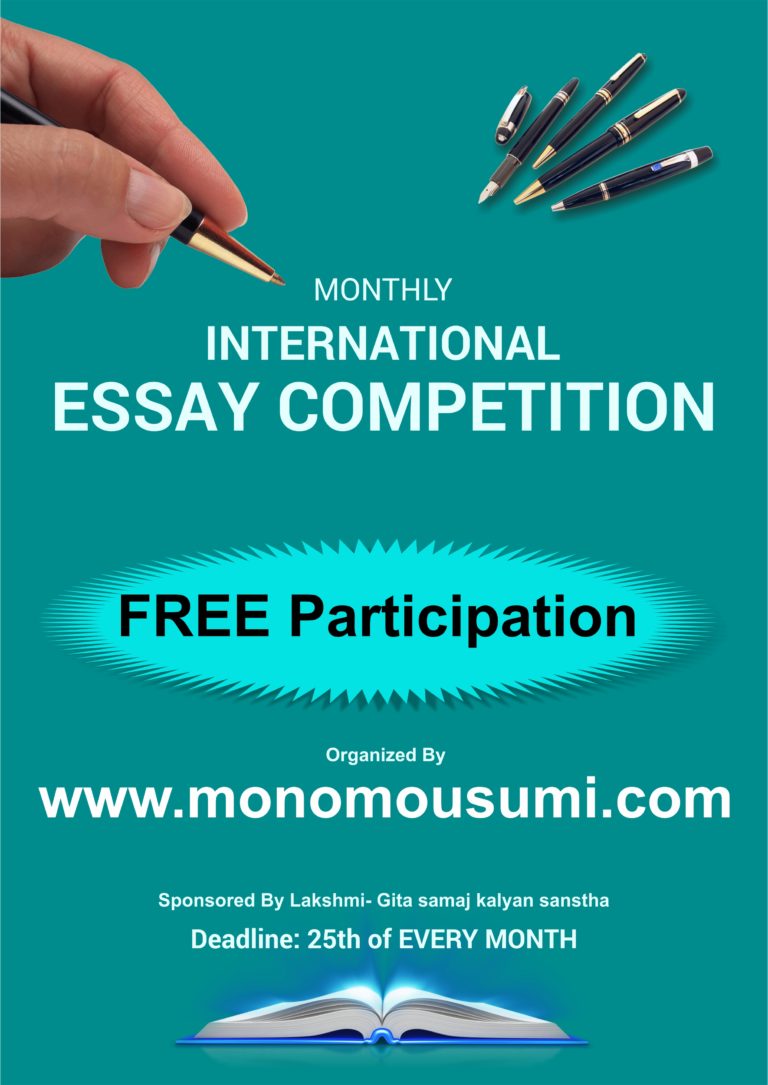
Source: SHRM
One skill which is essential as a common, powerful tool across all the bandwidths of various professions is the skill to communicate effectively. This one skill alone can make all the difference between a winning ‘horse’ and an ‘also ran’.
The ‘gift of the gab’ has always been extolled from beginning of human civilization. But as the pundits of communication will agree, communication skill is not about just talking incessantly or voluminously. On the contrary, the chatterboxes may be considered very poor in communication.
The Science of Communications has taken giant strides and facilitated communications at unbelievable speed between unimaginable distances. It has also enabled availability of modern technology to all at reasonable cost. In good old times, it is believed that people even used to rely on pigeons for conveying messages.
Contrast that with today where people stay pigeon-holed in their rooms to send messages across the globe in seconds!
But alas, the art of communication still continues to favor only a lucky few among us. Such gifted ones are destined to stride like a colossus amidst us, whatever their chosen calling. But there is no use feeling low about it as History tells us that this has been the case always.
Guess what Chanakya, Birbal and Tenaliram had in common? Or, more recently, Churchill, Hitler and Mahatma Gandhi?
All were high priests of communication.
Most of us might remember the famous play ‘Julius Caesar’ and the speeches given therein by Mark Anthony and Brutus after Caesar’s death. In these scenes, immortalized by the great Shakespeare, the crowd mood is alternately swayed by the thundering, powerful speeches of the two rival orators.
Such is the power of communication. As said before, it is an inborn talent. But this skill can also be carefully nurtured with the guidance of modern communication experts.
Coming back to present times, it is the truly skilled communicator who manages to get plum jobs in almost any sector of employment. Other things being equal (or even a little unequal) it is the person who presents himself or herself most agreeably in interviews and group discussions that walks off with the job in any campus. The same principle holds good later in the career development. The ascent is generally faster and smoother for the intelligent communicator. Unfortunately, quite a few professionals with many other capabilities but who lack this skill fail to make it to the position they deserve to attain.
So what is intelligent communication? This leads us to the inevitable question of what qualities make the difference between a successful communicator and the rest.
As the Gurus keep telling, good listening, eye contact, proper body language and appropriate vocabulary are some of the vital requirements.
While there can be no dispute on that, it is also important to understand as to what is the single most important underlying trait that showcases all these other qualities of the gifted communicator. This trait is Emotional Intelligence. This inborn asset, in formidable combination with fluency of language, brings out the best in oral communication.
The emotionally intelligent person adapts his style to the personality traits of the superior, customer, peer or any other stake holder who is important to him or her. He rather customizes his communication to the individual, in order to oil the wheels of the ongoing transaction. For example, if the person in question is a ‘no-nonsense, shoot first and then ask questions’ type, the typically intelligent communicator would be brief, polite and to the point with him. On the other hand, if the other guy is a jovial, ‘beat around the bush’ type, then again, his EI will enable an appropriate approach. The person of high EI also will take into account other vital factors like the prevailing mood and other engagements of the other guy.
TIMING AND MOOD
An interesting anecdote from my own work experience might be useful as an example. In the initial days of my career, when I had need for a few days leave, I approached my boss for sanction. The time was around 12 noon. This gentleman, who was known for his gruff behavior, shooed me away angrily. Noting this with amusement, a senior colleague of mine called me aside and advised me to go to the boss with the same request, but after around 1.30 PM, when Mr. Gruffy would have had his lunch and hence have a full tummy. On following this advice, I found to my utter astonishment that his response was now very friendly. He was smiling at me, gently patting his stomach all the while with great satisfaction. And I got my leave instantly!
This was an important lesson to me …Not only the tone and content, but the timing is also very important in all matters of communication.
PRESENCE OF MIND
An interesting anecdote involving Napoleon will serve to show the remarkable presence of mind of a soldier. While inspecting one of his army divisions, the French Emperor was walking past the soldiers smartly standing in rapt attention. While passing him, one of the soldiers whose promotion was overdue, suddenly summoned the courage to say, “Your Highness, I would like say a word, if you permit.” The Emperor paused a second, smiled sardonically and said, “OK, meet me tomorrow, but remember, only one word!”.
The soldier next day cheekily made out his own promotion order on a sheet of paper, and thrusting it at Napoleon, simply told the wonderstruck Emperor, “Sign”.
The bemused Napoleon signed- the soldier got his promotion!
STYLE OF PRESENTATION
On many occasions, I have watched sadly when a friend or colleague was being bawled at by his superior while discussing some issue. In most of these cases, there never was any real dispute on the subject being discussed. As mentioned earlier, the problem, as it would turn out later, was always with the timing, tone or the way the matter was presented. I have also been ripped apart for similar reasons. Once, while reporting a breakdown, I told, quite truthfully, while replying to a very senior officer’s query, “This breakdown keeps happening, sir.” He tore me apart in fury. Later, another colleague reported that he had told the same fact to the same boss, but he had received the feedback quietly.
He reportedly said, “This equipment does trouble us once in a way, sir, but we are working on how to overcome the problem.”
Overcome indeed! To my knowledge, the problem persists till today. The wise gentleman had simply told what his superior wanted to hear.
Truth is indeed important, but the packaging makes all the difference, especially if you want to hurry up the ladder of success.
To summarize, three vital ingredients for communication are
-
-
-
TIMING AND MOOD
-
PRESENCE OF MIND
-
STYLE OF PRESENTATION
-
-
The points discussed above hold good for written communications also. Always, an effective communicator has to keep in mind the mindset of the person who is going to receive the message.
Author Bio: Vaidyanathapuram Shankar, Visakhapatnam


